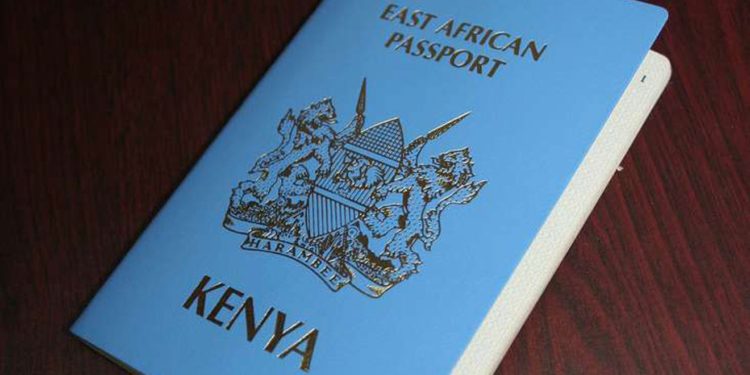Just like many other citizens of the East African Countries who cross to Kenya to search for jobs, so did Pierre, who left Burundi for Kenya in 2021 on an adventurous search for any job in the country, with the hopes of making some money in the process. Due to the porous nature of the Kenyan borders, making his way to Nairobi was not complicated.
Pierre, like most low-income earners from other East African countries migrating to Kenya, did not have a place to settle in Nairobi after landing. He had to rely on the networks of those back at home, who had connections to friends or families already in the Country, to offer him a place to sleep, at least for a night. These efforts bore fruits as he was linked up with a fellow Burundian living in Kahawa Sukari, Jean (not his actual name), who has been in Kenya since 2019 operating as a barber. Pierre’s is not an isolated case since that is what most migrants do when they get into the country. He harboured at this compatriot’s place for about 3 weeks and after a spirited door-to-door search, he was lucky to get an opportunity to man a stall feeding unit in the same area.
Read: KRA Launches Tax Society At Chuka University
Jean came to Kenya as an experienced barber with the dream of setting up his Kinyozi business, which, he was convinced, was his way to making money and helping his family back home. The Kinyozi business is categorized as a small business in Kenya. He, however, could not go through the registration process for lack of the required documents. All the same, he managed to get the business up and running, thanks to a Kenyan Proxy.
We spoke to a Kenya Revenue Authority (KRA) customer care agent, Jameson, on the authority’s hotline about the process of setting up legitimate businesses for foreigners from East African Countries. He noted that “They must possess passports with which they should use to obtain a working business permit. For foreigners from these East African countries who reside in Kenya, an alien card is needed.”
Jean, however, like many others from the EAC countries, has a way of easily maneuvering through the mandatory approval processes. In Jean’s case, he got himself into a romantic relationship with a Kenyan woman to use her documents in registration. Since it is easier to start a small business with Kenyan Identity Cards, the Kenyan partners act as proxies to facilitate business ownership for the foreigners, with their names featuring nowhere in KRA’s registry, an act of trust and goodwill. This is how Jean managed to own a barbershop in Kenya.
Read: Government Issues Fresh Directives For New-generation Passports
According to George Mati, an immigration consultant at GMM consulting, to cross into Kenya, one needs a passport from their country or the recent East African Passport. However, Visas are not compulsory and individuals can obtain inter-state passes in lieu of a passport that lasts for a particular period depending on the laws of respective countries. Therefore, one would wonder how individuals gain entry into the country without a passport or a document that legalizes them to stay in the country or start a business.
George says the porous Kenyan international borders are responsible for the influx of undocumented persons. However, owning a business in Kenya for internationals is not illegal; rather, flouting the existing laws is what is illegal. Such cases lead to undocumented entities that give a false impression of business ownership by Kenyans.
Though, this phenomenon is not only associated with low-income earning foreigners, as some have grown to own multiple businesses, all registered under many different individuals, as Jean tells The SharpDaily.
Email your news TIPS to editor@thesharpdaily.com











